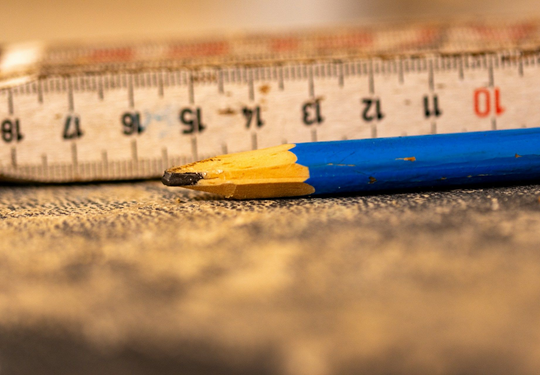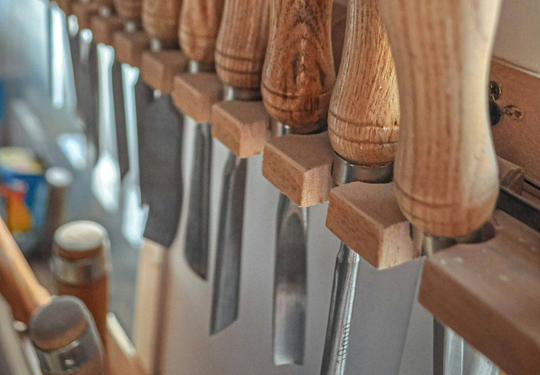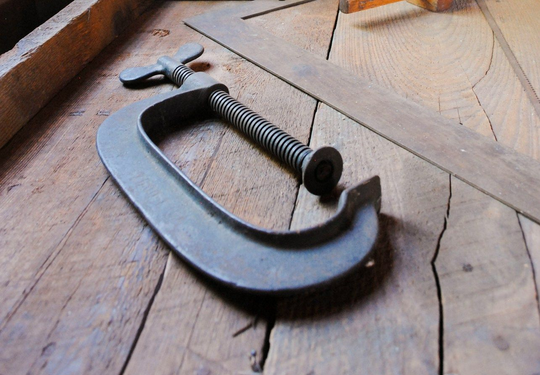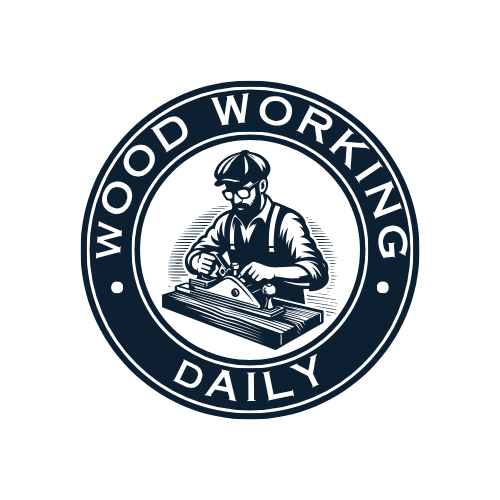The Best Woodworking Tools For Starters
I still remember the first time I walked into a woodworking store—wide-eyed, excited, and completely overwhelmed. Rows of shiny tools lined the walls, each with its own purpose, name, and price tag I didn’t quite understand. I had just decided to try my hand at building a simple bookshelf, but within five minutes of browsing, I felt like I needed a degree in carpentry just to know where to start.
Fast forward a few years, and I’ve built more than a few pieces I’m proud of (and a few that ended up as firewood). Along the way, I’ve learned a lot about which tools are truly essential for beginners—and which ones can wait. In this post, I’ll break down the best woodworking tools to get you started, based on my own experience, mistakes, and the gear I wish I’d known about sooner.

- Measuring and Marking tools
Accuracy is key in woodworking. These tools help you measure and mark materials before making any cuts.
Tape Measure – Go for a 16- or 25-foot locking tape with both metric and imperial units.
Combination Square – Great for checking right angles and marking lines.
Pencil & Marking Knife – Use a sharp pencil for rough marks and a marking knife for precise cuts.
Speed Square – Handy for making quick 90° and 45° markings on lumber.
- Saws
Cutting is fundamental. Start with a few versatile saws:
Handsaw – A good crosscut saw is cheap, reliable, and perfect for learning technique.
Jigsaw (Power Tool) – Excellent for curved cuts and beginner-friendly. Choose one with variable speed control.
Circular Saw – A great power tool for straight cuts. It’s like a portable table saw for many projects.


- Chisels
Chisels are crucial for shaping, carving, and cleaning up joints.
Get a set of bevel-edge chisels (1/4", 1/2", 3/4", and 1").
Make sure they are sharpened properly—a dull chisel is dangerous and frustrating.
- Drill/Driver
A cordless drill is indispensable for driving screws and drilling holes.
Cordless Drill/Driver – Go for a reputable brand (like DeWalt, Makita, or Milwaukee) with at least 18V power.
Get a set of drill bits and driver bits as well.


- Clamps
You’ll never have enough clamps. They hold pieces in place while you glue, cut, or screw them together.
Bar Clamps or F-Clamps – Versatile and affordable.
Spring Clamps – Great for small, quick jobs.
Corner Clamps – Ideal for assembling boxes or picture frames.
- Sander
Sanding is essential for a smooth finish and safe handling.
Orbital or Random Orbital Sander – Easy to use and removes material quickly without gouging.
Stock up on sandpaper in various grits (80, 120, 220).
Click here to find thousands of woodworking plans for amazing projects!


- Workbench & Vise
You’ll need a sturdy surface to work on.
Workbench – Doesn’t have to be fancy. Even a heavy table will do to start.
Woodworking Vise – Optional, but very helpful for holding your work firmly.
- Safety Gear
Never compromise on safety, even for small projects.
Safety Glasses – Protect your eyes from flying dust or debris.
Hearing Protection – Especially when using power tools.
Dust Mask or Respirator – Wood dust can be harmful when inhaled over time.

✅ Tips for Buying Tools as a Beginner
Start small – Buy only what you need for your first few projects.
Quality over quantity – Cheap tools break or perform poorly; invest in reputable brands.
Used tools are fine – You can often find quality used hand tools at garage sales or online.
🧰 Final Thoughts
Your woodworking journey doesn’t need to begin with a fully stocked shop. With these core tools, you can tackle dozens of simple projects—from birdhouses and tool racks to shelves and small furniture. As your skills grow, so will your toolbox.
